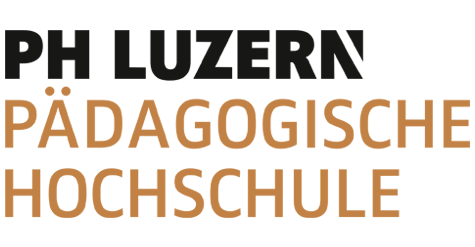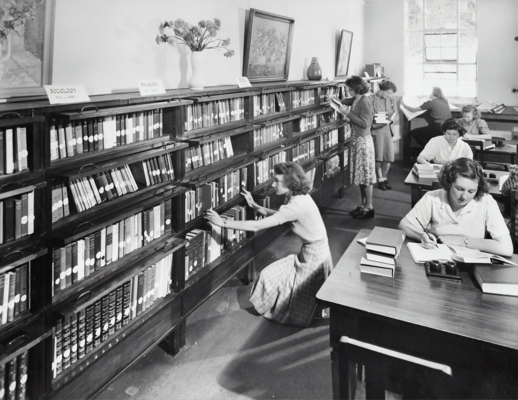The basic course Integrative Teaching and Learning addresses the handling of heterogeneity, introduces remedial diagnostics and the remedial cycle, and deals with learning requirements in language and mathematics as well as the basics of school and classroom development. This CAS is considered the basic element for the MAS IF and is conducted in cooperation with the MA SHP. It includes those topics that are taught in both courses.
Diversity represents a challenge for teachers that requires additional attention and examination. In the module "Heterogeneity in everyday school life", empirical-theoretical foundations for dealing with heterogeneity are developed and related to the students' own experiences. Based on these findings, didactic-methodical aspects are taken up which can be considered as a response to heterogeneous classes. In essence, it is about reflecting on one's own basic attitude towards diversity and dealing with heterogeneity in the classroom and enriching it with additional behavioral possibilities with positive connotations.
A central working tool for IF teachers is the remedial diagnostic cycle. On the basis of a competent diagnosis, targeted support measures are derived, tested and evaluated. Diagnostics serve to provide information for planning support processes. The concept of remedial diagnostics allows students to identify the next developmental steps in the child or adolescent in relation to the identified learning potential and to plan appropriate remedial measures. Based on a differentiated assessment of the learning status and learning development, the support processes can be adequately planned and the fit between learning prerequisites and requirement structure can be designed more optimally. The International Classification of Functioning, Disability and Health (ICF) is used to structure the diagnosis.
By means of insights into exemplary remedial diagnostic journals, a connection is made from the introduction to remedial diagnostics to practice. A concrete practical transfer by means of a self-selected case study will be implemented in parts of an own remedial diagnostic journal. The focus here is on the areas of remedial diagnosis and formulation of remedial goals.
In the course Working Memory and Learning Difficulties the own everyday and popular psychological ways of thinking will be questioned, changed and enriched on the background of cognitive psychology. As the bottleneck of many information processing and learning processes, working memory, along with other factors, often plays an important role in the development of a wide variety of learning difficulties. Psychological theories and findings on working memory can therefore be helpful in formulating well-founded diagnostic working hypotheses on the background of certain learning difficulties and thus in determining suitable starting points for support.
Based on different approaches in the psychology of learning, the various paradigms of learning are taken up and dealt with in depth. It is pointed out that didactics, methodology and last but not least the overall quality of teaching depends on how perspective-rich a teacher's understanding of learning is. In addition to learning coaching, cultures in schools are discussed which support teaching and learning in heterogeneous classes.
IF teachers are to a large extent consultants. They advise students on learning, they advise teachers on teaching, they advise parents and other persons in contact with children and adolescents. Because of this, it is important to demonstrate and test different counseling concepts and models. In addition, forms of collegial feedback, intervision and supervision should be experienced and evaluated.
As a solid subject didactic basis for supporting teachers in the main subjects, the basic and supporting functions, perception and the inductive thinking form are shown. In addition, the precursor skills of written language acquisition and number concept development are explained.
In the written language area, the basics are briefly outlined and the acquisition and support possibilities in reading (reading technique, reading comprehension) are shown. The problems of reading and spelling difficulties are explained. In the mathematical area, the topic of dyscalculia is discussed. Afterwards a good mathematics instruction is outlined at the concept Math 2000. In a second part, the basic competencies of understanding operations, understanding the decimal system and the use of good illustrations are discussed. Finally, diagnostic tools are presented.
Integrative promotion succeeds to the extent that integrative teaching and school development is practiced at the respective school. In this context, the role of the IF teacher needs to be considered and defined in more detail. Starting from the history of school development, current examples from the educational landscape will be taken up. In particular, models and methods of school and classroom development will be presented which take the integrative aspect into account in a special way. The students should constructively and critically examine the quality of school and teaching in their own field of activity, declare development potential and actively support or stimulate development processes.
In the context of practical support for school and teaching development, the focus is on the topics of structured observation of teaching, the additional functions of the IF teacher compared to the regular teacher, theory-based teaching and interaction analysis as well as learning process support, prevention and intervention in the event of teaching disruptions, awareness and promotion of learning strategies, differentiation and individualization forms and dealing with conflicts.
In the form of a development study, which is accompanied by lecturers of the CAS INLL, the contents of the CAS are processed and consolidated by the participants. In the course of the further education, meetings with the study management take place sporadically to jointly design the training.









